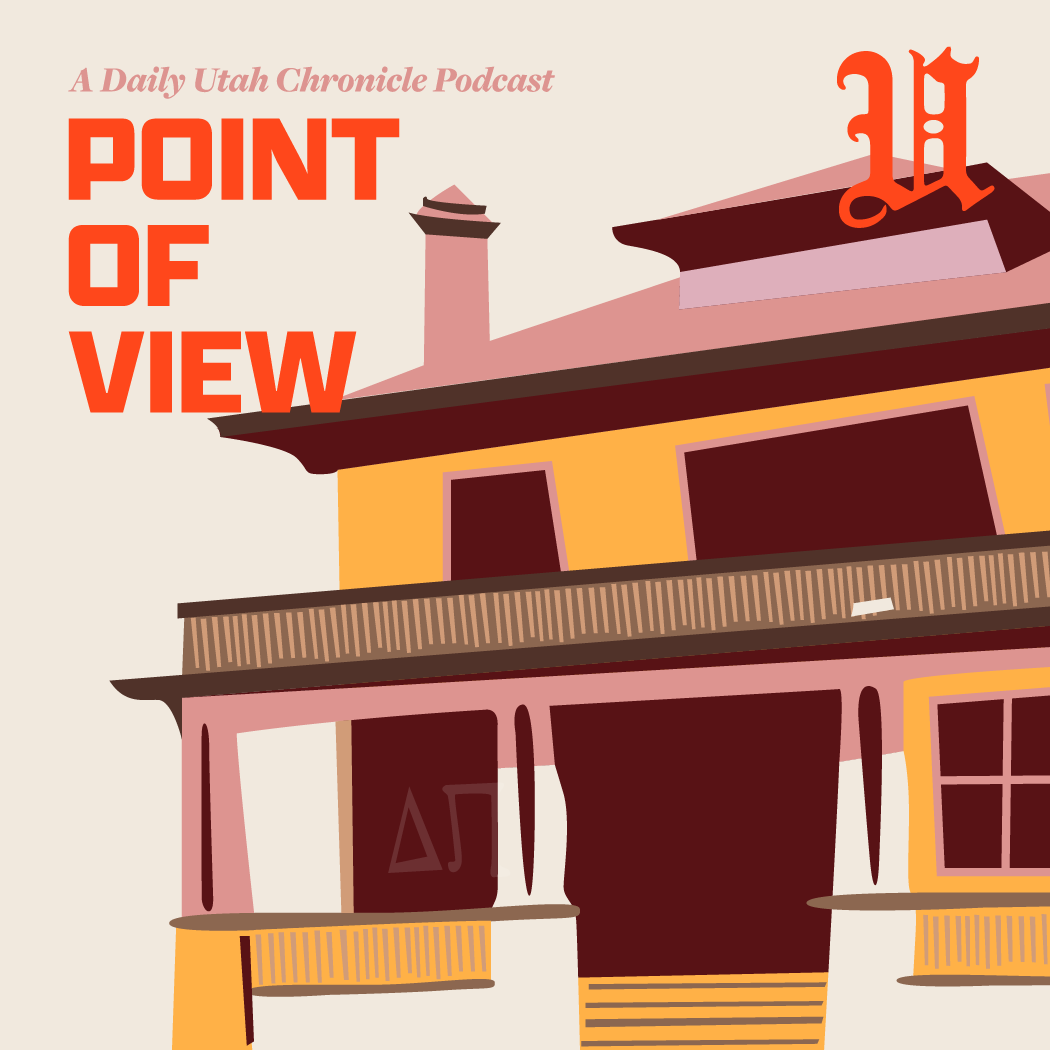
Napier, author of the first academic book about anime, Anime from Akira to Princess Mononoke, spoke Monday afternoon in the C. Roland Christensen Center to 74 attendees. Napier presented her research on famous Japanese anime, such as Hayao Miyazaki’s “Spirited Away.”
“[‘Spirited Away’ is] such a fascinating film that I keep coming back to it,” Napier said.
Through her studies, Napier said she found “Spirited Away” to be a story regarding food and excess, from over-eating to abnegation, which means rejecting both food and yourself.
Napier studied “Spirited Away” and found symbolism of capitalism, anorexia, materialism and bulimia representing the modern consumer. She said through fantasy and animation, “Spirited Away” illustrates how people change and the world around people changes in a “flux and flow.”
Chihiro, a character in the film, runs away from her parents and wishes for the uncontrollable world around her to go away. As a result, she begins disappearing. This, Napier said, represents anorexia and how when a person cannot control the world around them, they feel the only control they have is over their own body.
Napier said the end of the film expresses maturity through hard work and familiarity of oneself. The last object to come out of the body is Chihiro’s tears. This is described by Napier as “new forms of sensual gratification.”
Seth Baldridge, a graduate student in art history, was amazed at how deep Napier was able to go when it came to metaphors in the Japanese film.
“Best lecture I’ve attended this semester,” Baldridge said.
Baldridge said he appreciates the variety in Japanese anime that he cannot find in western media. He prefers animated films to “live-action stuff.”
“I hope we get more [speakers] like her,” Baldridge said.
Scott Lookinland, a senior in linguistics, wondered how Miyazaki would feel about Napier’s research.
Patrick Kuhre, a senior in English, said Napier’s readings were not “outlandish” but were in fact rather plausible.
Lien Fan Shen, a professor in the U’s Department of Film and Media Arts, has organized the lectures regarding Japanese anime in order to teach Japanese culture. Shen said Napier’s research is valuable in this particular field.
[email protected]
@emiliedeeann















